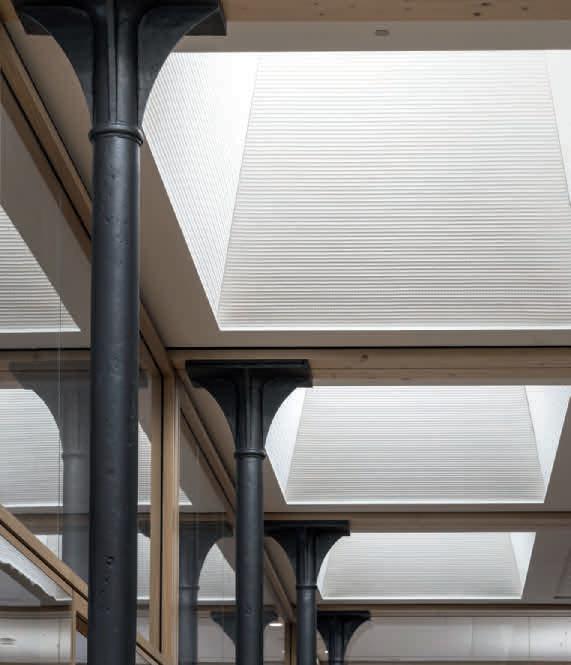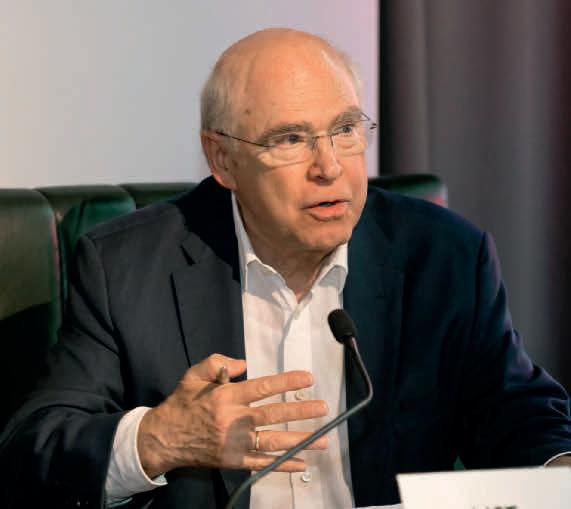World Champion Austria Hidden champions
Hidden champions – crisis-proof and flexible stars A study ordered by the Julius Raab Foundation researched the resilience of Austria’s family-run world and European market leaders. By GEORG JUNGWIRTH and HELGA KRÉMER
What does a hidden champion look like? Almost two thirds of all hidden champions can be found in machine construction, the metalworking industry and the electrical industry. They are usually high-end manufacturers. If you wanted to describe a typical Austrian hidden champion, it would be a medium-sized company with a flat organisational structure run by a family. Being family-run is often the key to success. Unlike companies listed on the stock exchange, family-run businesses do not have to answer to shareholders at the end of each quarter. Therefore, they can pursue long-term corporate strategies and goals. The scientists at the Campus 02 University of Applied Sciences in Graz point out though that “long-term” is a broad concept. Often such companies don’t think in quarters or years but in generations. And this has an effect on the corporate culture and the staff. There is often a reciprocal loyalty in family-run businesses:
On the one hand, family businesses stand by their staff in difficult times and don’t let them go if business isn’t going according to plan. On the other hand, staff remain loyal to the company even when there is a better job offer elsewhere. Factors of success But what makes these family-run businesses from Austria so innovative and resilient? Which corporate culture can be found in such companies? And what can we learn from Austria’s world market leaders? Studies at the Campus 02 University of Applied Sciences have shown in the past that some of the most important factors of success of these businesses are connected to innovations. The Julius Raab Foundation (JRF) wanted to know more details and ordered a study from the university’s Department for International Marketing & Sales Management long before the Covid crisis took hold.
Photo: studio22.at
T
hey are not only top-class in their field; they are actually on top. They are often unknown to the average consumer because they are working in business-to-business. And they have mostly been family-run for a long time. They are hidden champions, the covert stars of the Austrian economy and international big players in their field. In order to meet the scientific definition to be called a hidden champion, a company needs to fulfil four criteria: Foremost, hidden champions are among the top three on the world market or European market leader in their field. Secondly, they are hardly known to the average Joe as they usually operate business-to-business models. Thirdly, they need to be headquartered in Austria, even though the ownership structure is irrelevant. And finally, their annual turnover does not exceed 300 million euros. If they do, scientists no longer call them hidden champions but major world market leaders. In Austria, this would apply to Andritz, Doppelmayr and Swarovski, for example.
Polyurethane to protect against vibration and noise: Hidden champion Getzner Werkstoffe is the leading specialist in vibration isolation and protection.





























